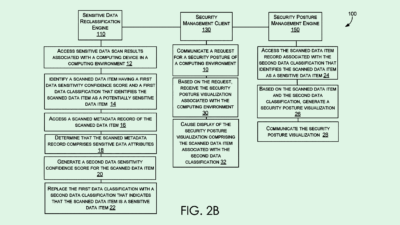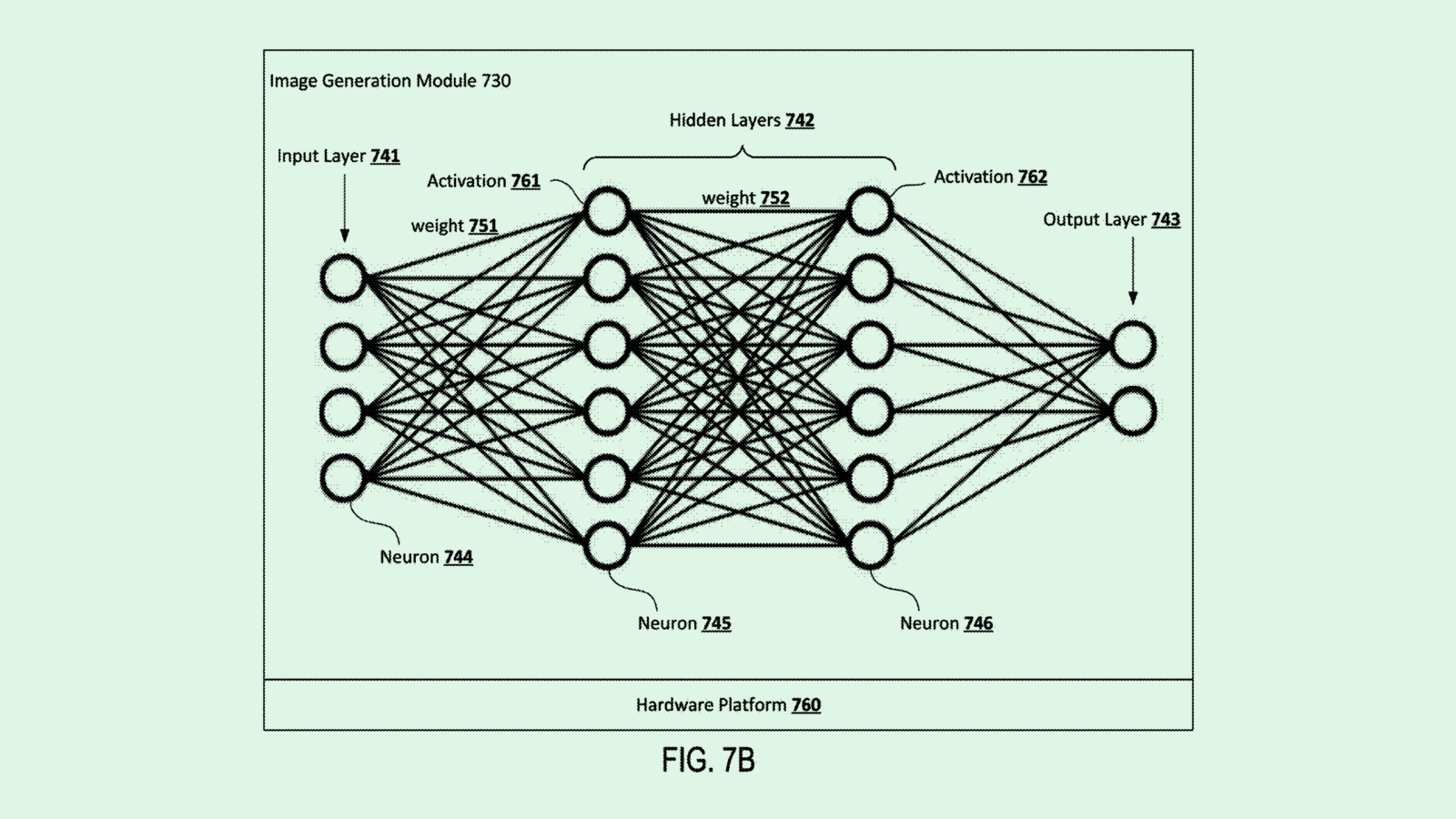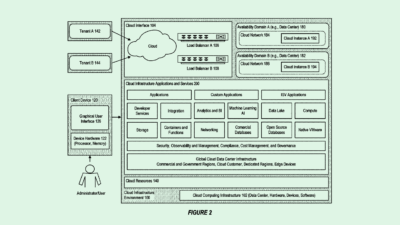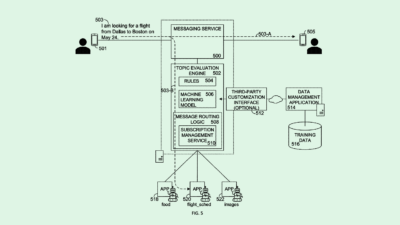Salesforce Patent Highlights Alternatives to Third-Party Cookies
The tech highlights the ongoing privacy conversation surrounding these bite-sized trackers.
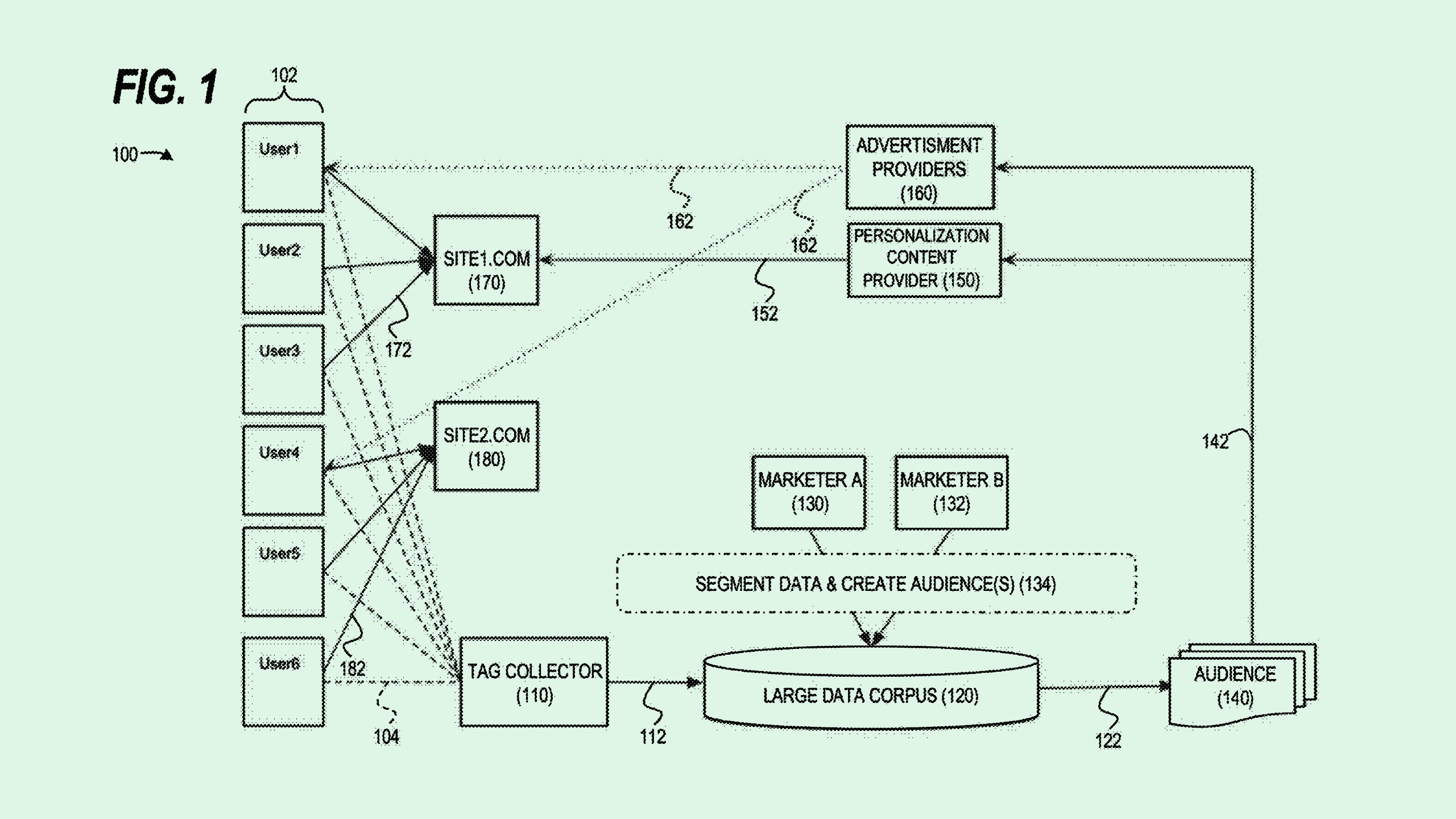
Sign up to uncover the latest in emerging technology.
Salesforce is cutting out sugar.
The tech firm filed a patent application for “cookieless delivery” of personalized content. It provides an alternative to browser cookies, or the small files advertisers use to track user behaviors all over the internet.
“Web browser providers are embarking on initiatives to stop user data leaking into the backend,” said Salesforce. “The data cookies carry makes it possible to identify and recognize users later. The only threat cookies may pose relates to user privacy, if the cookies are employed for illicit purposes.”
Instead of using these bite-sized trackers, Salesforce’s system creates a “query index” from a corpus of data that’s filled with several “market segment-based queries,” essentially grouping together similar interests or characteristics. That index is stored within a “browser-executable library,” which can be stored and operated on any browser and operates locally on a user’s device.
That library compares query indexes against “privacy-protected user data,” such as historical browsing data stored locally on a device, to figure out which market segment aligns with that user best. Finally, “when a match or query hit is detected,” this system fires out calls to a “personalized content provider” (i.e., a digital advertiser) to place content accordingly.
Compared to traditional third-party browser cookies, which allow content marketers access to your internet behaviors, Salesforce’s tech processes user-specific data locally, never letting it get into marketers’ hands.
If you’ve ever visited a webpage, you’ve probably seen a pop-up warning you about cookie collection and allowing you to opt out. However, even if you do opt out, you often aren’t entirely free and clear of tracking, said Daniel Barber, CEO and co-founder of data privacy firm DataGrail.
A report released earlier this year by DataGrail that audited roughly 5,000 of the most-visited websites found that around 75% tracked users regardless of consent. Businesses are also able to pick up information about you before you even get to their website, Barber said.
“When you go to a website, your expectation is that when you click ‘necessary cookies,’ only necessary tracking continues. But that doesn’t happen,” said Barber.
An offering like this makes sense coming from Salesforce, said Barber, as it offers a creative, cookie-free alternative for its clients to leverage user data without violating privacy. The problem, however, is that “it’s implying that all of the data is held in Salesforce, which, by default, is a little challenging,” he said. “While lots of things are stored in Salesforce, they might use other services where data is stored, so marketers will still continue to need cookies.”
The better solution is quite simple: less tracking, period, said Sara Geoghegan, counsel at the Electronic Privacy Information Center. If marketers adopted data minimization, in which only necessary information is collected and deleted after use, it would “enable an appropriate amount of data to be collected for functionality without it being an invasion of privacy,” she said.
Plus, a major key to solving the privacy issues presented by third-party cookies may be in Google’s hands, she said. While the tech giant promised in 2020 to block third-party cookies on Chrome, it reneged on the pledge in late July.
“This broken promise underscores why we need meaningful, comprehensive federal privacy rules with enforcement,” said Geoghegan. “Consumers deserve more privacy protections than a pinky-promise from Google or any other big tech company to protect their most personal and sensitive information.”



